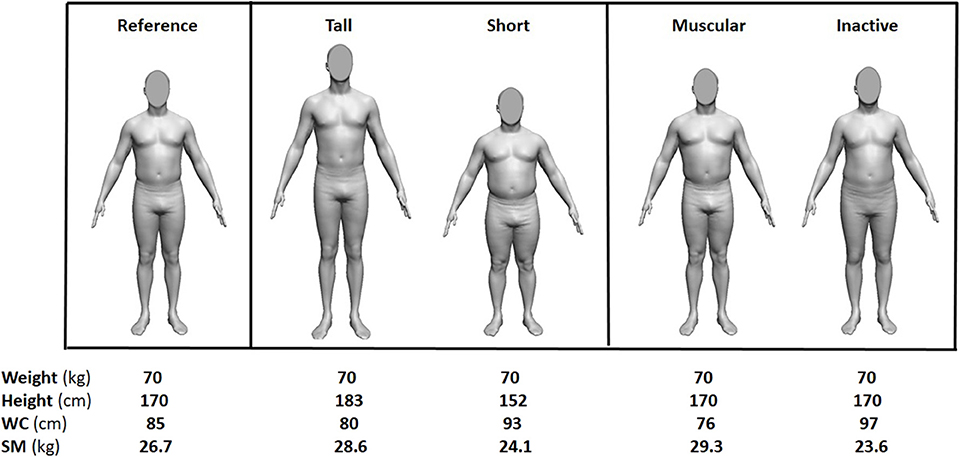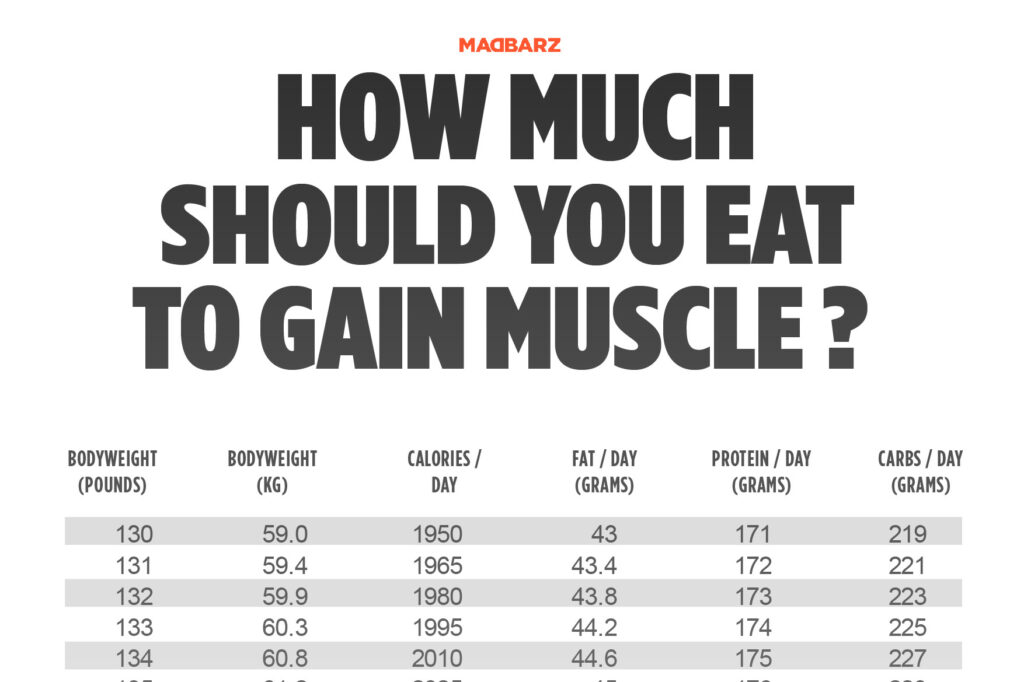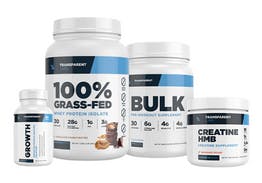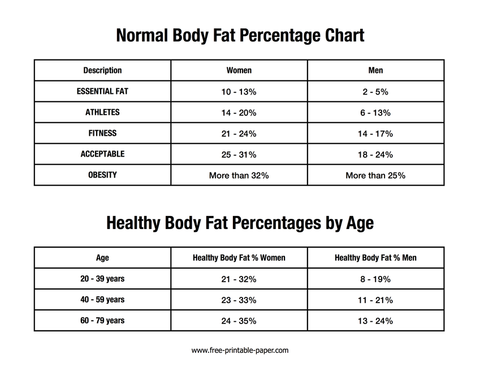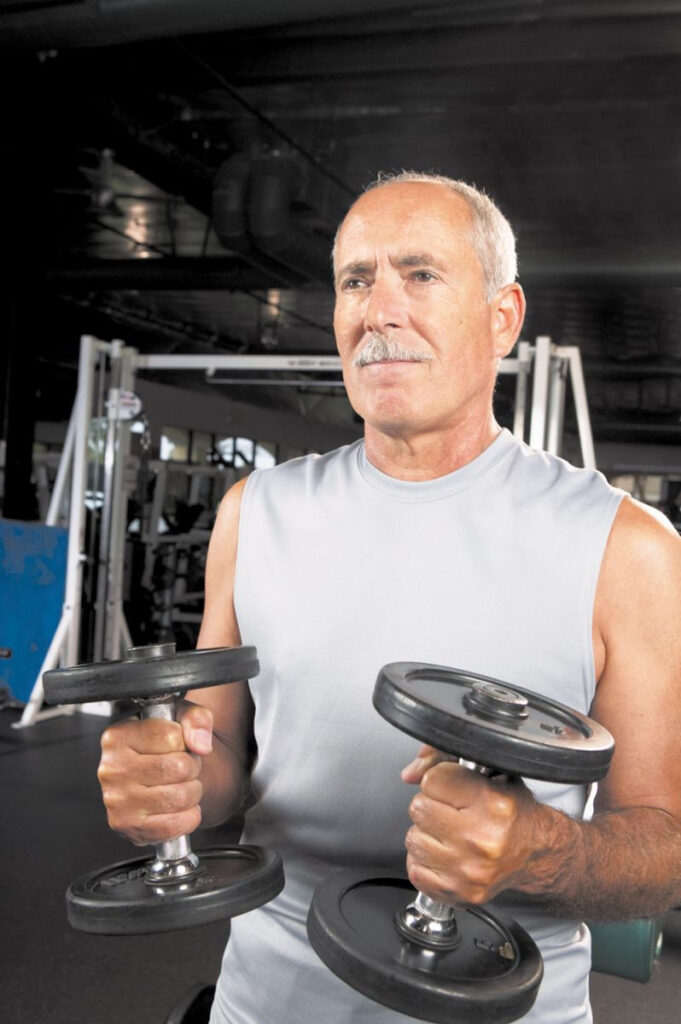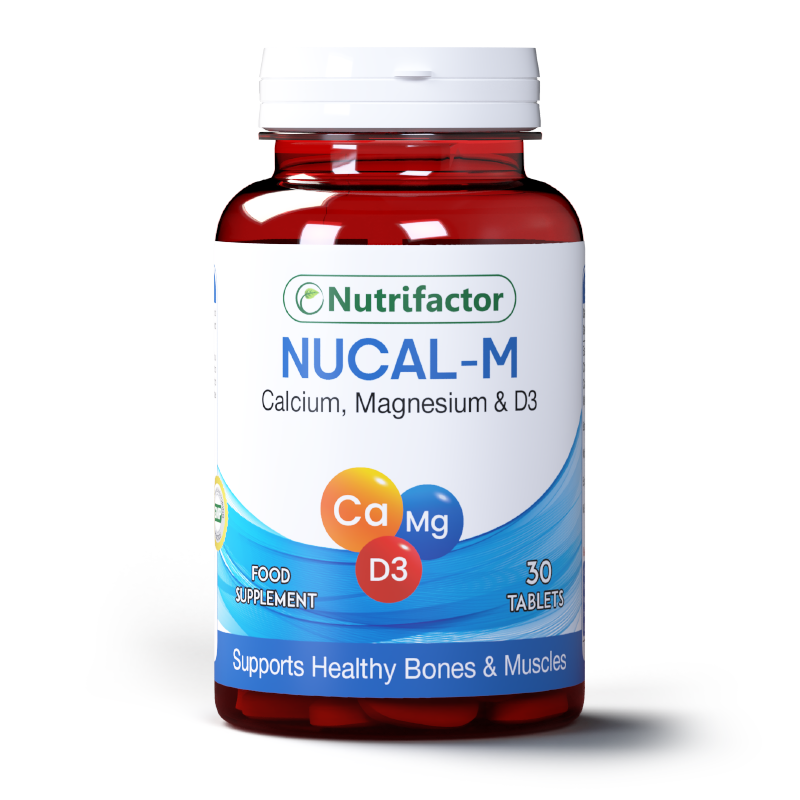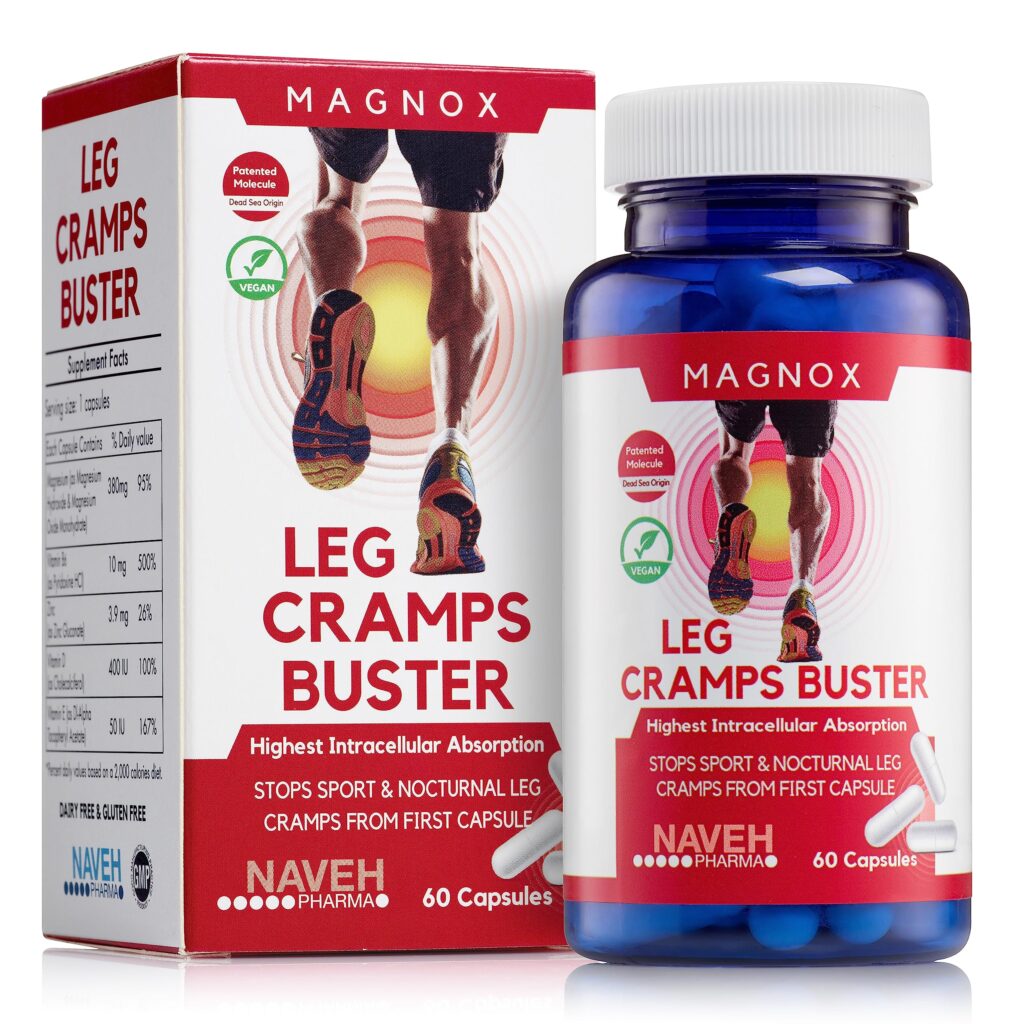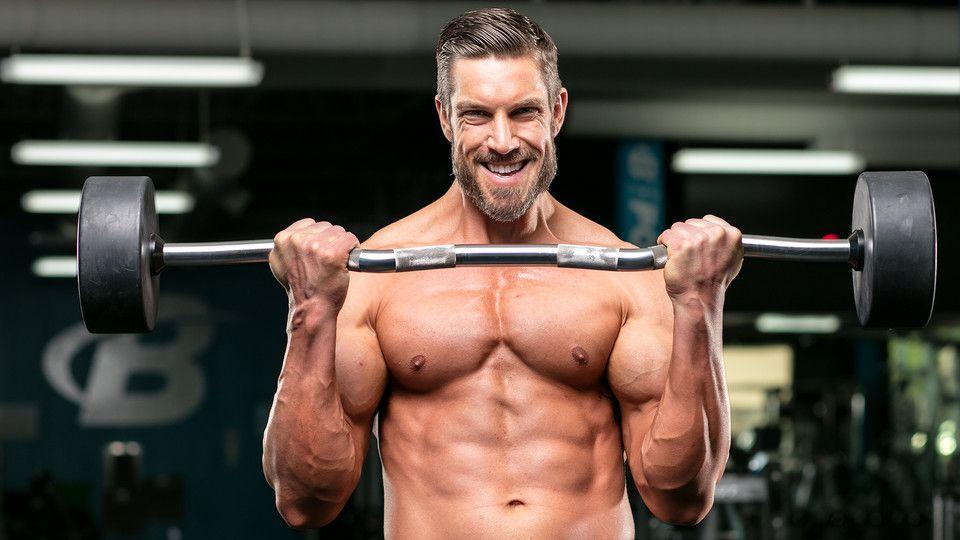To determine muscle mass, use body composition tools like DEXA scans or bioelectrical impedance analysis. Consult a healthcare professional for accurate results.
Understanding your muscle mass is crucial for overall health and fitness. Muscle mass affects metabolism, physical performance, and body strength. Various methods exist to measure muscle mass, including DEXA scans, bioelectrical impedance analysis, and skinfold measurements. These tools provide insights into your body’s composition, helping you tailor your fitness and nutrition plans.
Accurate muscle mass measurement can guide your workout routines and dietary choices, ensuring optimal health. Consult a healthcare professional to choose the best method for assessing your muscle mass. This approach ensures personalized and precise results, aiding in effective fitness tracking and goal-setting.
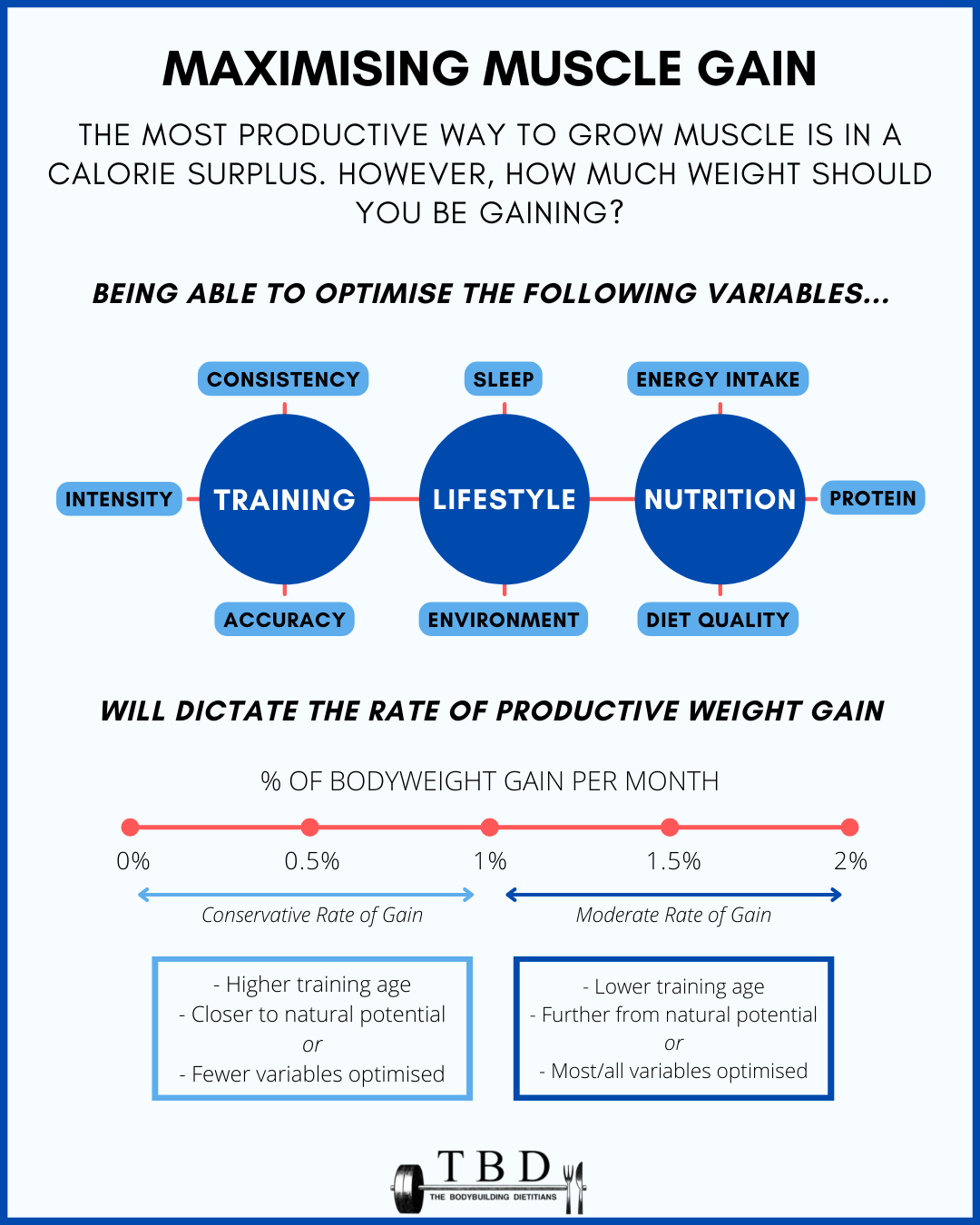
Credit: www.thebodybuildingdietitians.com
Introduction To Muscle Mass
Muscle mass is the total weight of your muscles in your body. It includes skeletal muscles, smooth muscles, and the water within these muscles. Maintaining muscle mass is crucial for overall health and strength. Muscles help in movement, stability, and posture. They also play a vital role in your metabolism and energy levels. Building muscle mass can lead to a stronger body and a healthier life.
Having good muscle mass helps in everyday activities. It makes it easier to lift, push, and pull things. Strong muscles can prevent injuries and support joints. Muscle mass also helps in burning calories even when you are resting. It improves balance and coordination. Older adults with more muscle mass tend to have better mobility and independence. Maintaining muscle mass can lead to a longer and healthier life.
Some people think that lifting weights will make them bulky. This is not true for everyone. Building muscle mass takes time and effort. Another misconception is that only athletes need muscle mass. Everyone needs strong muscles for daily activities. Some believe that muscle turns into fat if you stop exercising. This is false. Muscle and fat are different tissues. They cannot transform into each other. It’s important to know the truth about muscle mass for better health.
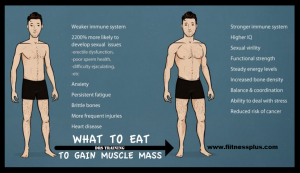
Credit: www.linkedin.com
Factors Influencing Muscle Mass
Genetics play a big role in muscle growth. Some people build muscle faster than others. Muscle shape and size can be inherited. Genes decide how muscles respond to exercise. Family history can give clues about muscle potential.
Eating the right foods helps muscles grow. Protein is very important for muscle repair. Carbohydrates give energy for workouts. Healthy fats support overall health. Vitamins and minerals are also crucial. Drinking water keeps muscles hydrated.
Exercise is essential for building muscle. Weightlifting helps muscles grow bigger. Consistency is key to seeing results. Different exercises target different muscles. Rest days help muscles recover. Tracking progress helps to stay motivated.
Methods To Measure Muscle Mass
Bioelectrical Impedance Analysis (BIA) sends a tiny electrical current through the body. This method measures resistance to the current. Muscle and fat conduct electricity differently. BIA helps to calculate body composition. The method is quick and non-invasive. It can be done with handheld devices or scales.
Skinfold calipers measure the thickness of fat at specific body sites. Trained professionals pinch the skin at certain points. They use the calipers to measure the fat layer. These measurements help estimate total body fat. The method is simple and cost-effective. Consistency is key for accurate readings.
Dual-Energy X-ray Absorptiometry (DEXA) scans use low-level X-rays. These scans measure bone density, fat, and muscle mass. DEXA provides a detailed view of body composition. The method is very accurate. It is often used in medical settings. The scan is quick but can be expensive.
Diy Muscle Mass Assessment
Use a tape measure to check muscle size. Measure around your biceps, chest, thighs, and calves. Write down these numbers. Keep the tape snug but not tight. Measure each area twice to get an average.
Bodyweight exercises help assess muscle mass. Try push-ups, squats, and pull-ups. Count how many you can do in one go. This helps track muscle strength. More strength often means more muscle.
Write down your measurements and exercise counts. Check them every month. Look for changes in muscle size and strength. Small changes add up over time. Stay patient and keep working hard.
Interpreting Muscle Mass Results
Muscle mass is often shown as a percentage. This percentage tells you how much of your body weight is muscle. For example, a 20% muscle mass means 20% of your weight is muscle. Having higher muscle mass is usually a good sign of strength and fitness.
Comparing your muscle mass to averages can help. Men usually have more muscle mass than women. For men, 40% is a good average. For women, 30% is a good average. These averages can change with age and activity level. Knowing this can help you understand your results better.
Setting goals helps you improve your muscle mass. Start with small, achievable targets. For example, aim to increase your muscle mass by 1-2% in a month. Track your progress and adjust your goals as needed. Remember, building muscle takes time and effort.
:max_bytes(150000):strip_icc()/how-much-muscle-in-a-month-3498519-v1-e70d27bcf19e4b0bab078adad9b496d5.jpg)
Credit: www.verywellfit.com
Building Muscle Mass
Consistent workout plans help build muscle. Focus on strength training exercises. Squats, deadlifts, and bench presses are excellent choices. Progressive overload is key. Increase weights gradually for better results. Compound movements target multiple muscles. This saves time and boosts muscle growth.
Proper nutrition is vital for muscle growth. Protein-rich foods like chicken, fish, and beans help. Carbohydrates provide energy for workouts. Healthy fats support overall health. Meal timing is important. Eat protein after workouts to aid muscle repair. Hydration also plays a role. Drink plenty of water daily.
Muscle recovery happens during rest. Sleep is crucial. Aim for 7-9 hours per night. Rest days are important too. They allow muscles to heal and grow. Overtraining can harm progress. Listen to your body. Take breaks when needed.
Common Pitfalls In Muscle Building
Overtraining can harm muscle growth. Muscles need rest to grow. Working out too much can cause fatigue and injuries. Balance your workouts with rest days. Listen to your body and take breaks.
Nutrition is key for muscle building. Skipping meals can slow progress. Eating too few calories can hinder growth. Include protein-rich foods in your diet. Avoid too much junk food. Stay hydrated by drinking enough water.
Being consistent is crucial. Skipping workouts leads to slow progress. Set a schedule and stick to it. Track your workouts and diet. Stay motivated by setting goals. Celebrate small achievements to stay on track.
Maintaining Muscle Mass
Consistent workouts help in keeping muscle mass. Mix strength training with cardio. Vary exercises to target different muscles. Rest days are as important as workout days. They allow muscles to recover. Track progress to stay motivated. Use a logbook or an app.
Balanced diet is crucial for muscle maintenance. Include protein-rich foods like chicken and beans. Carbohydrates give energy for workouts. Healthy fats support overall health. Drink plenty of water daily. Avoid junk food and sugary drinks. Small, frequent meals can be beneficial.
Regular check-ups with a doctor help monitor muscle mass. Body measurements can show changes in muscle. Adjust your plan if progress slows down. Listen to your body and make changes if needed. Stay flexible and open to new exercises. Celebrate small victories to keep motivated.
Frequently Asked Questions
How Can I Measure My Muscle Mass?
You can measure muscle mass using bioelectrical impedance scales, DEXA scans, or skinfold calipers. Consult a fitness professional for accurate results.
What Factors Influence Muscle Mass?
Genetics, diet, exercise, and age significantly influence muscle mass. Consistency in strength training and proper nutrition are crucial.
Can I Increase My Muscle Mass Quickly?
Building muscle mass takes time and dedication. Focus on progressive overload, balanced nutrition, and adequate rest for optimal results.
Does Muscle Mass Decrease With Age?
Yes, muscle mass typically decreases with age. Regular strength training and proper nutrition can help mitigate this loss.
Conclusion
Discovering your muscle mass is crucial for understanding your body’s health and fitness level. Regularly monitor your progress to stay on track. Use reliable methods and consult experts if needed. Building and maintaining muscle mass contributes significantly to overall well-being.
Stay committed and enjoy the benefits of a stronger body.

